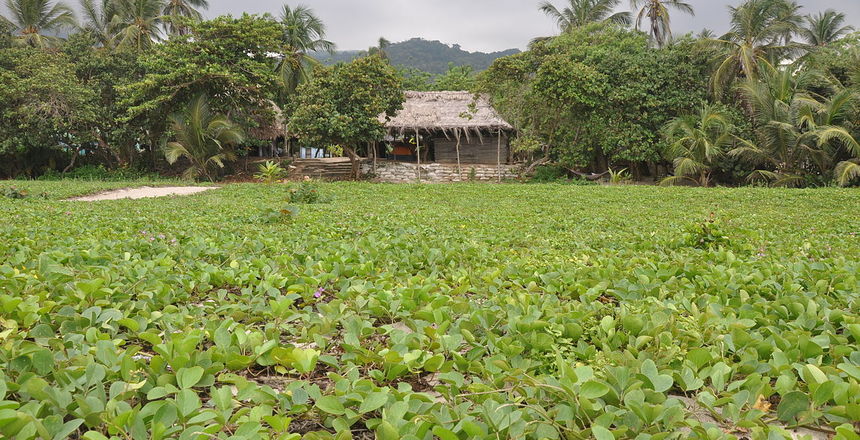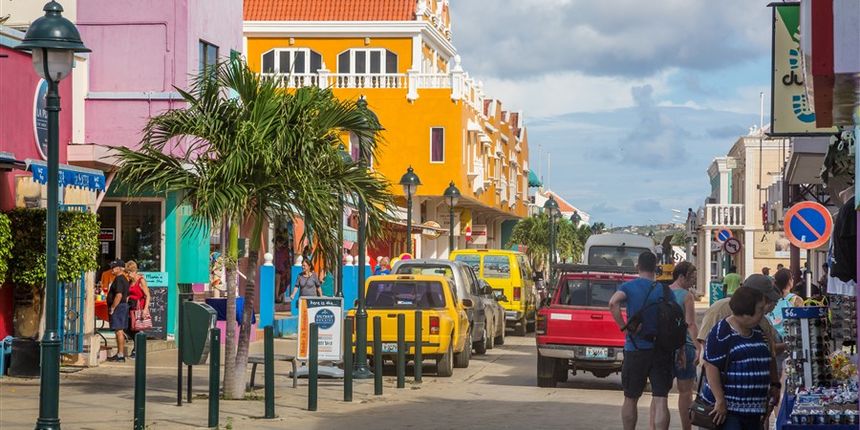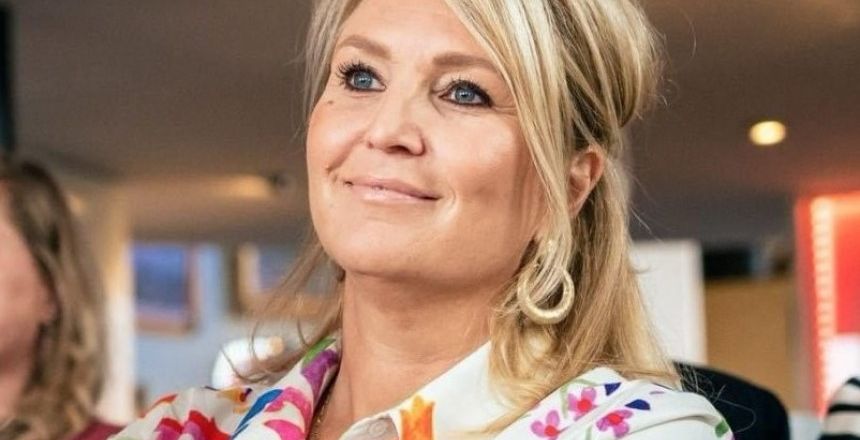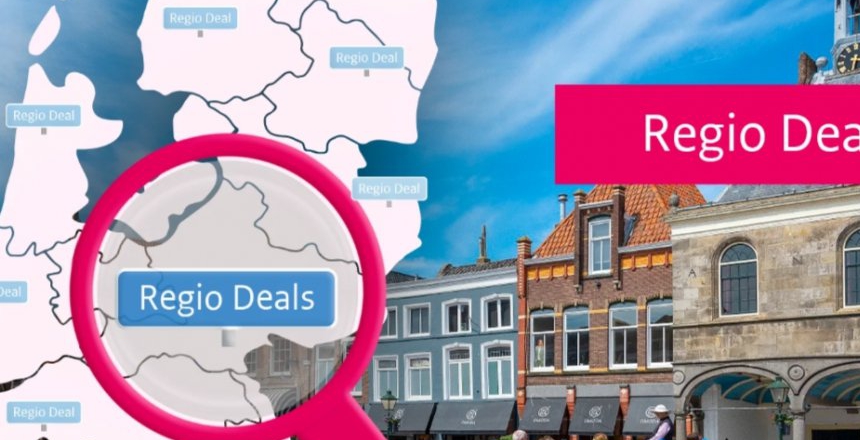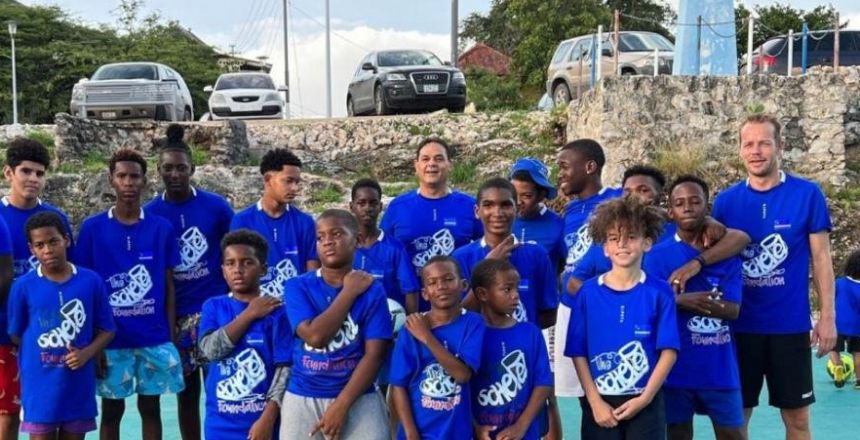Projects Social Improvement
3 min.
Agriculture is not only an important source of food and livestock in the Dutch Caribbean, but also of economic growth and wealth for the local communities. At the same time, there is still a lot of room for improvement in the agricultural and agro-processing sectors in the region. Local farmers, fishermen and related businesses can play a big role in reducing poverty on the islands and raising the standard of living as a whole, but they will need to find a way to do so while preserving the region’s natural capital and all of its delicate ecosystems.
Agtech potential in Curaçao
Agtech, which is short for agricultural technology and refers mainly to sustainable agricultural practices, has attracted interest in the Dutch Caribbean over the past years. Back in 2017, for example, the government of Curaçao approved a so-called policy memorandum with a focus on improving the sustainable development of agriculture, livestock and fisheries on the island. The memorandum outlined a large-scale agricultural program aimed at replacing imported food with locally produced food at a rate of 5% per year over the next five years (since 2017).
The importance of this type of developments and policies is manifold. Besides helping the region reaching sustainable self-sustainability, improved local agricultural processes and technology can also help the islands overcome major socioeconomic and environmental challenges, including food insecurity, obesity, and youth unemployment, just to name a few. On top of that, it will help local authorities to preserve crucial water and soil quality.
The previously mentioned policy memorandum hasn’t been the only meaningful development in local agriculture in Curaçao. The University of the West Indies (UWI), for example, in collaboration with the Institute of Professional Excellence (IPE), has created a farming training program on the island in 2016. The main focus of the program is to educate local farmers about hydroponic and syntropic farming as forms of sustainable agriculture. As of January 2022, the program has trained more than 100 farmers and played a supporting role in the creation of various ambitious projects in Curaçao. These include:
Zen Farm BV
www.naledo.com
A vertical hydroponic farm specializing in cold-weather crops such as cabbage, carrots and spinach.
Nos Kunuku BV
www.noskunukubv.com
One of the biggest projects, at least in terms of physical size, is the Nos Kunuku indoor leafy green production facility. Powered by the sun, this 6000-square-meter facility is aiming to provide the entire island with fresh and healthy vegetables, including lettuce, kale chard and broccoli.
D’Farm
This project has quickly grown into Curaçao’s primary supplier of fresh vegetables, including microgreens, lettuce and fresh mint, which are all mainly import products for the island at the moment. D’Farm therefore can play a big role in the transition from imported greens to more locally produced ones.
Don’t hesitate to visit the websites of these exciting projects and get in touch with them for more information. If needed, Future Islands can also facilitate contact with the people behind these projects, including for people interested in sustainable investment opportunities in Curaçao. Find our contact details here.
The basis for this article was originally published on www.whatscookingincuracao.com in January 2022.

